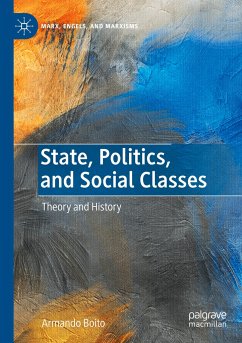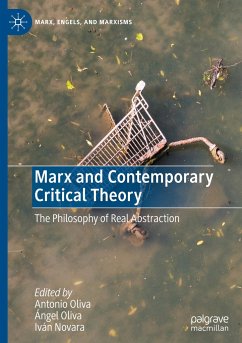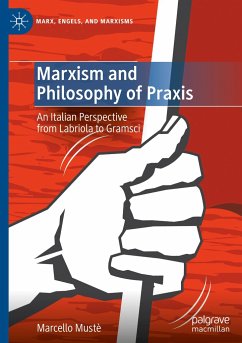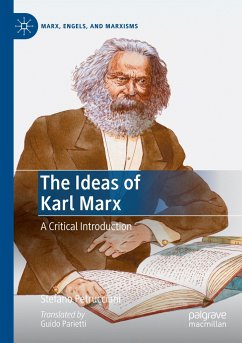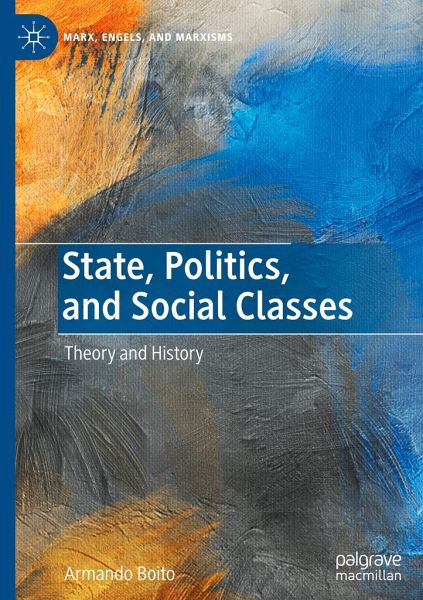
State, Politics, and Social Classes
Theory and History
Versandkostenfrei!
Versandfertig in 6-10 Tagen
98,99 €
inkl. MwSt.
Weitere Ausgaben:

PAYBACK Punkte
49 °P sammeln!
This book offers a reassessment politics against the predominating economicist approach to historical materialism within contemporary Marxism. Boito draws on the structural interpretation of Marxism inspired by Althusser's works of the mid-1960s and, especially, by Poulantzas' Political Power and Social Classes. The volume aims to demonstrate the role of the political dimension (together with the economy) and, to a further extent, to contribute to renew contemporary Marxist political theory. The chapters cover topics such as: the nature of political power; the structure and functions of the st...
This book offers a reassessment politics against the predominating economicist approach to historical materialism within contemporary Marxism. Boito draws on the structural interpretation of Marxism inspired by Althusser's works of the mid-1960s and, especially, by Poulantzas' Political Power and Social Classes. The volume aims to demonstrate the role of the political dimension (together with the economy) and, to a further extent, to contribute to renew contemporary Marxist political theory. The chapters cover topics such as: the nature of political power; the structure and functions of the state; the role of politics in historical change; political crises; and the political formation of the working class. The book highlights the role of political structures and practices in the reproduction of economic and social relations and also in the process of historical change. The aim of the book is to contribute to the renewal of Marxist thought, breaking with the economicist conception that dominated it throughout the last century, and finally meeting the demands of the socialist struggle in the 21st century.





